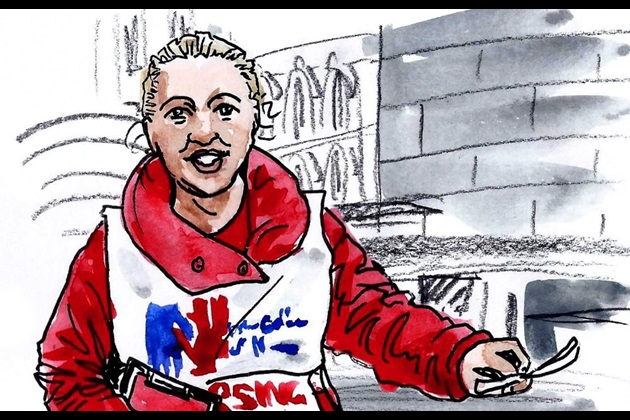RCN members in Scotland made a massive contribution to shaping new safe staffing legislation. Here’s what the law means and what needs to be done now
What will the new legislation do?
The Health and Care (Staffing) (Scotland) Act, passed by the Scottish Parliament on 2 May and given Royal Assent on 6 June, is ground-breaking. It means that staffing for safe and effective care in Scotland is enshrined in law. Importantly, it’s the first legislation of its kind in the UK to apply in both health and social care settings.
The law sets out the process for decision making on safe staffing and is clear about who is accountable for providing the right numbers, with the right skills, to provide safe and effective care. It also recognises the need to listen to nurse leaders and their professional judgement.
The legislation is hugely significant. But there’s much to do over the coming months. We’ll be helping the Scottish government develop guidance and a plan for implementing the new act.
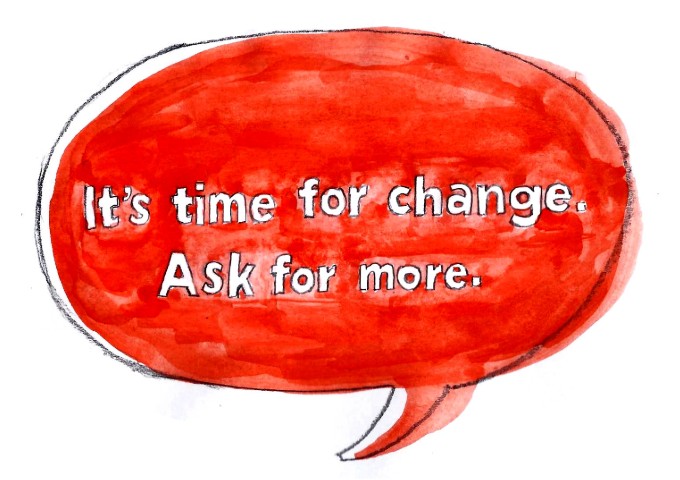
How did the RCN influence the legislation?
First Minister Nicola Sturgeon committed to a law on safe staffing at RCN Congress in 2016. Members and RCN staff then worked hard to influence the draft legislation.
As the bill took shape, we submitted two consultation responses and after the bill was published in May last year, we worked on building a coalition of support across all political parties.
Our Ask for More campaign was launched last September and explained the changes required for the bill to make a real difference. There was extensive media coverage, widespread advertising and lots of social media activity. We took the campaign out on to the streets and more than 5,000 people signed up in support.
As the bill passed through the Scottish parliament, members and staff gave evidence and briefed MSPs. Ahead of the crucial final vote, 3,330 emails were sent by members and the public as part of our “Email your MSP” action. When the bill was passed on May 2, it included 85% of what the RCN wanted.
How members made a difference
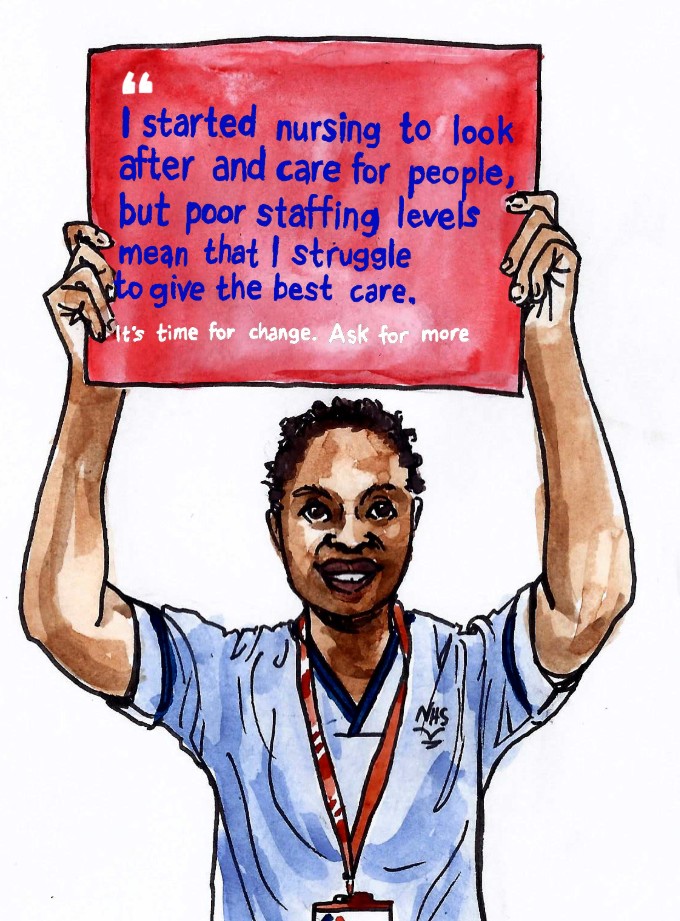
Aurelia Kungu
Aurelia asked colleagues at Dumfries and Galloway Royal Infirmary, where she is a staff nurse and RCN steward, for their thoughts on safe staffing – and recorded the interviews on her phone. The recordings were then used in RCN social media campaigns and briefings for MSPs.
“People who have patient care at their hearts want to be involved in the campaign,” Aurelia says. “When you don’t have enough staff with the right skill mix, they get burnt out, leading to high levels of stress. That means you’re not providing the right care for your patients. And in the end, it’s more expensive for the hospital because when somebody is off sick you have to pay that person but also bring in someone else.”
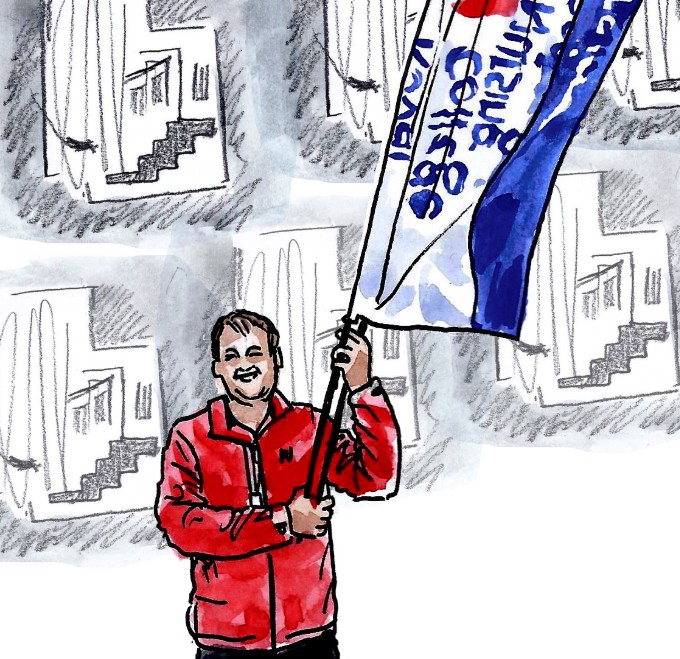
Andy Notman
Andy, an RCN steward, safety rep and a member of the RCN Scotland Board, is also a clinical nurse manager in forensic mental health.
He says: “The Health and Sport Committee of the Scottish parliament asked for members of the profession to go along and give comments on the bill. I gave informal evidence and it was reassuring to see how engaged the committee was, and how much they were getting behind the legislation and ensuring its successful implementation.
“Inadequate staffing impacts on our patients because we can’t provide what we want to. You can only deal with a range of basic safety needs,” Andy adds. If staff numbers are insufficient, all the things that may improve a patient's life and their experience of being in hospital have to be put on hold. As a result, recovery may be delayed, he suggests.
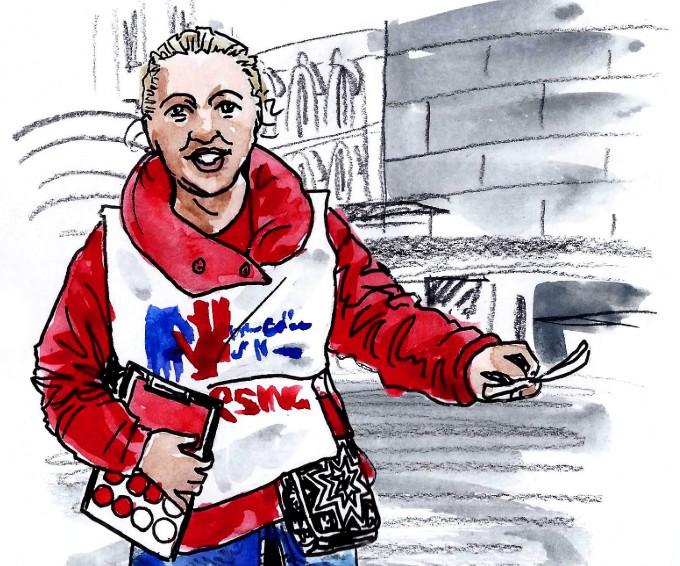
Julie Lamberth
Vice Chair of the RCN Scotland Board Julie helped raise awareness of the safe staffing campaign among colleagues and the public.
“We had information stands in the hospital dining room and we chatted with the public in Glasgow’s St Enoch shopping centre on a Saturday morning,” says Julie. “We asked them to sign up to the RCN Ask For More campaign. I’d never done anything like that before and most people were definitely saying yes, we need more nurses. We got a good response.
“I’ve been a nurse for 24 years and I’m very passionate about making things happen. There’s no point continuing to say we’re short staffed but not wanting to do anything about it.
“I went to the Scottish parliament on the day the bill went through and it was just amazing to be there. I don’t think members realise the influence the RCN has.”
What happens next?
Theresa explains what the RCN will do now to influence safe staffing
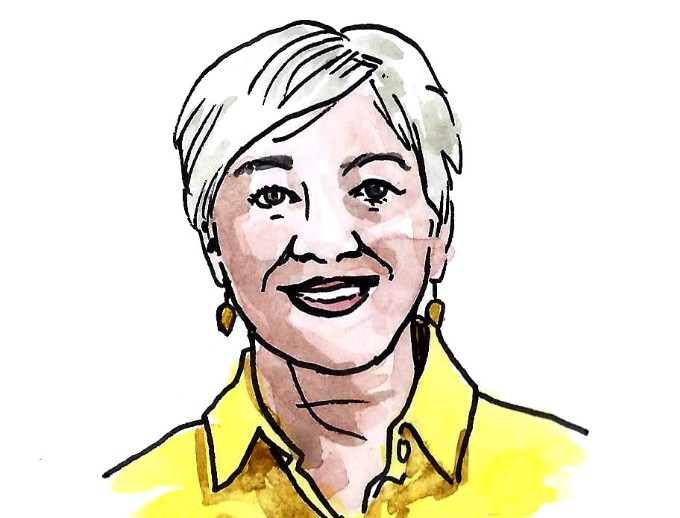
Scotland now has safe staffing legislation – a significant achievement that members should be proud of. The changes made to the Health and Care (Staffing) (Scotland) Act as a direct result of members campaigning are substantial. Those changes should not be underestimated in terms of the impact the legislation will have.
And while our members and staff worked tirelessly to influence the act, our work is by no means done.
We will continue to lobby the Scottish government to increase student places and to ensure students have the financial support they need to complete their education.
We will be pushing for additional resources for key disciplines, such as district nursing, and will be supporting registered nurses and health care support workers across Scotland’s NHS and care homes to speak up about the challenges they face in providing safe and effective care.
Scotland needs a fully funded integrated plan... to grow the workforce and redesign services
Senior charge nurses and community team leaders are critical to ensuring clinical oversight and team development. We will champion these nursing leaders to ensure they get the time and resources the act promises for them and their teams.
And we will continue to influence and shape the guidance and secondary legislation required to support implementation of the new law.
However, the act alone will not deliver the workforce needed to address staffing challenges across health and social care. Scotland needs a fully funded integrated plan that sets out a long-term strategic approach to growing the workforce and redesigning services to meet health and care needs.
Theresa Fyffe, RCN Scotland Director
Implementing the act
The passing of the safe staffing act is a first step and its implementation is probably still 12 to 18 months away, although the Scottish government is yet to confirm this. Now it’s time to develop guidelines and other laws to support implementation. Getting the guidance right will be essential if the law is going to make a real difference for patients, care home residents and staff.
Nine areas where guidance will be developed have been outlined. These are wide-ranging and cover subjects such as staffing tools; allowing sufficient time for clinical leaders’ responsibilities; and the processes by which health boards and ministers will report on how they have carried out their duties under the act.
Timelines for producing the guidance are currently being developed by the Scottish government. RCN Scotland is helping to shape this work and we’ll be engaging with members across health and social care to ensure their views are represented. In particular, we want to make sure the full implications of the guidance and its day-to-day impact on service delivery are considered.
Want to get involved?
Follow @RCNScot on Twitter for the latest developments.


